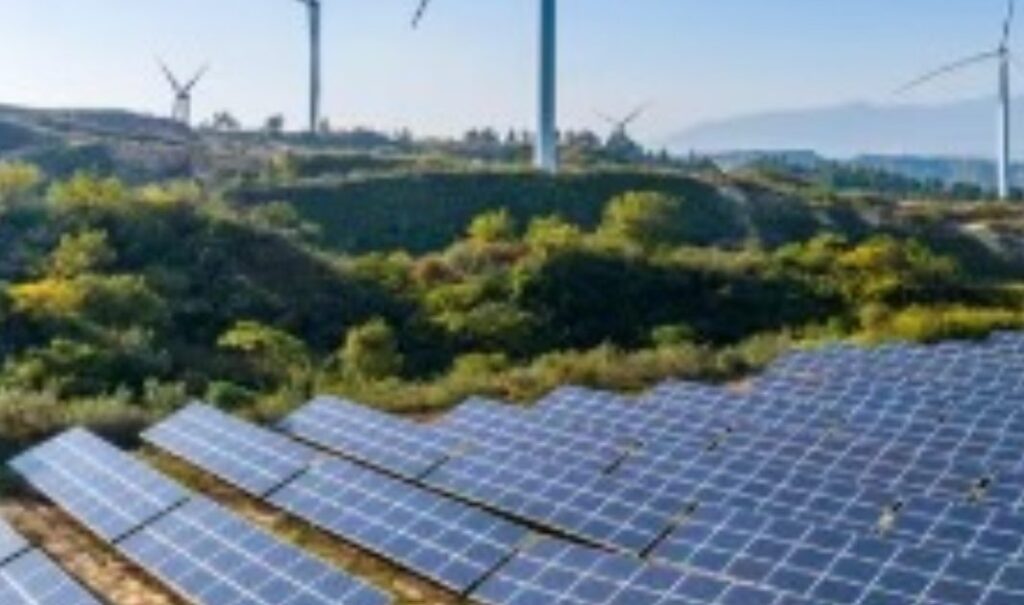An agritech expert, Ayomide Olugbade, has urged the Federal Government to prioritise investment in cold-chain infrastructure, warning that the cost-intensiveness of solar-powered storage systems is a major barrier to reducing post-harvest losses in Nigeria.
Olugbade, Co-Founder and Chief Technology Officer of Rendcore Technology Ltd., in a statement, described solar-powered cold storage as a crucial tool in tackling the estimated 50 per cent post-harvest loss Nigeria records annually, a loss valued at over $9bn.
He said, “post-harvest losses in Nigeria are primarily due to inadequate storage facilities, poor transportation systems, limited access to modern technology, and the absence of a functional cold chain.”
Olugbade stressed that without government-backed funding and infrastructure development, smallholder farmers, who form the backbone of the country’s food supply, would continue to suffer significant losses.
He warned that for Nigeria to achieve adequate food security by 2050; food production must increase by up to 100 per cent. “And to achieve that, we must first reduce post-harvest losses by at least 50 per cent,” he said.
According to him, scaling decentralised, solar-powered cold storage will reduce waste, boost farmer earnings, and increase national food resilience, especially in perishables like fruits and vegetables.
He added, “Nigeria produces about 13.9 million tonnes of fruits and vegetables yearly. When 50 per cent of this is lost post-harvest, it translates to roughly $24.3 bn annually.”
Olugbade described post-harvest loss as the “major contributor to food insecurity”, particularly among smallholder farmers who lack access to basic preservation technologies.
He identified poor harvesting techniques, damage during transportation, microbial spoilage, and lack of proper storage as leading causes of food spoilage, maintaining that solar-powered cold storage offers a reliable and climate-resilient solution. However, he said its cost implications make government intervention necessary.
“The Nigerian government plays a pivotal role in scaling solar-powered cold storage as a strategy to reduce post-harvest losses,” he stressed.
The expert also called for government support for youth-led agritech innovations to locally design and maintain cold storage solutions.
“Empowering youth through funding, training, and incubation will expand the reach of these technologies, especially in underserved rural areas,” Olugbade added.
He recommended financing models that align with community ownership and strong institutional frameworks to ensure sustainable implementation of solar cold storage across the agricultural value chain.















